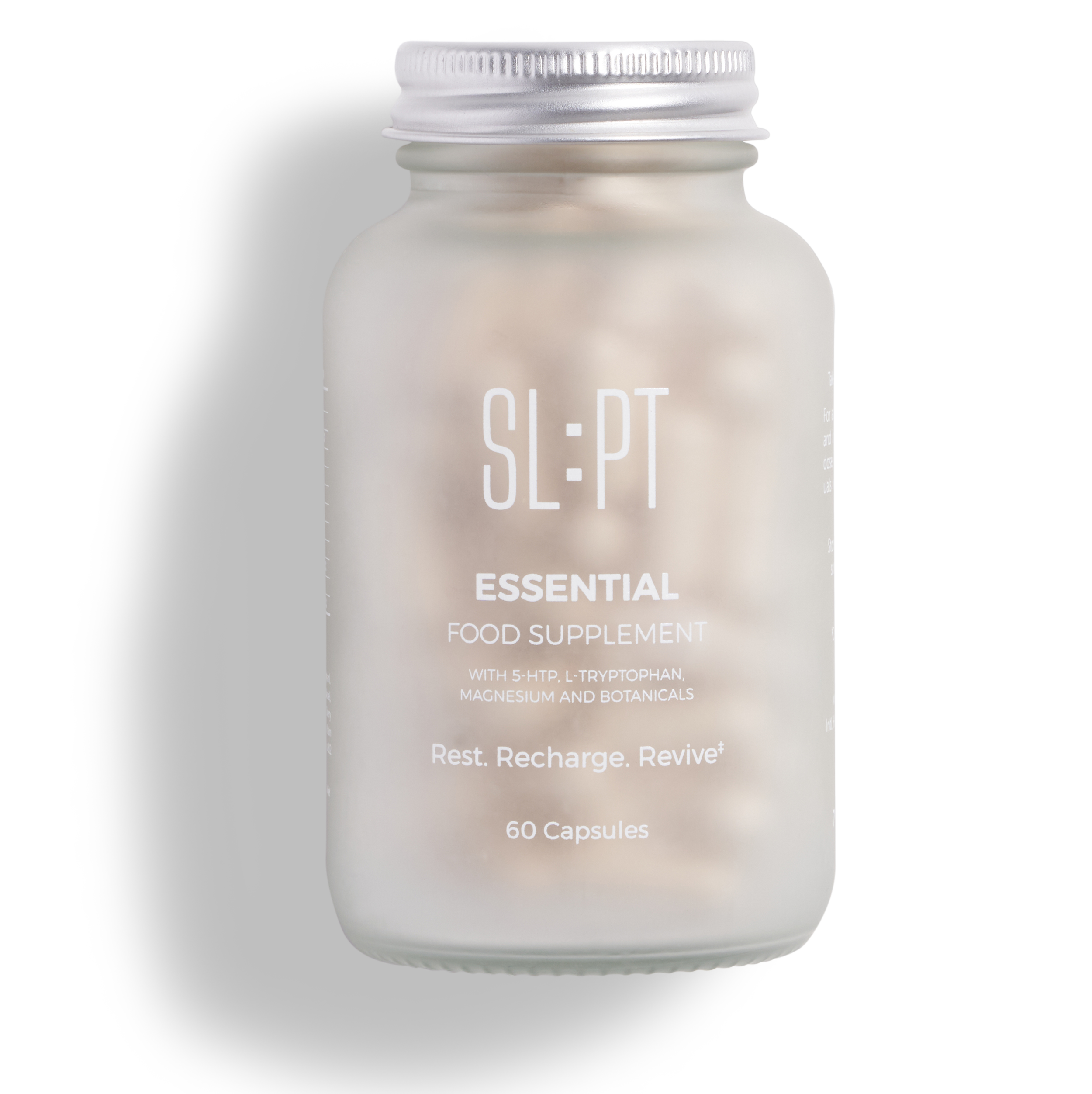Common Sleep Disorders
Sleep disorders are common issues in modern society – but our knowledge and understanding of them seems to be less common. Sleep disorders are said to affect about a third of all adults – but many of us are unsure of the signs to look out for. Poor sleep doesn’t just leave you feeling groggy and in need of extra coffee, if untreated, it can lead to serious long-term medical conditions including heart disease. Therefore, it is very important to address any sleep problems before they become deep-rooted.
This article looks at the most common sleep disorders, to help you understand the symptoms and signs to look out for:
Insomnia
Insomnia is a sleep condition where patients have difficulty falling asleep and/or remaining asleep. Symptoms often include feeling irritable or tired when you wake up. Insomnia can be caused by stressful life events, insufficient exercise, or a poor diet. Certain health conditions and medications may also contribute to poor sleep and subsequently insomnia. There are four classifications of insomnia:
Acute Insomnia
Acute insomnia typically occurs in response to a stressor in your life, like a difficult work deadline or concern about a loved one getting sick. Acute insomnia lasts less than three months and goes away once the stressor is resolved. However, acute insomnia can develop into chronic insomnia.
Chronic Insomnia
Chronic insomnia is characterised by symptoms lasting over three months. You may have experienced a stressful event, lifestyle issues or underlying health conditions. If you suffer Chronic insomnia you should discuss with your doctor possible treatments to help.
Onset Insomnia
Onset insomnia refers to difficulty trying to fall asleep. There may be an underlying psychological condition, such as anxiety, or another medical condition. You might wake up several times throughout the night and feel tired in the morning.
Maintenance Insomnia
This type of insomnia is characterised by repeated awakenings during the night you may fall asleep easily but find yourself waking up throughout the night.
Recovery and sleep
Recovery occurs after our muscles – including arm, leg and heart muscles have been used in either strength training or cardiovascular exercise. The sleep cycle is comprised of rapid eye movement (REM) and non-rapid eye movement (Non-REM) components. During this sleep process, the human growth hormone is released, the hormone that helps our muscles hypertrophy. Non-REM sleep is the most critical for athletes as it’s the sleep stage when muscles are most relaxed, breathing slows, and blood flow to muscles increases. Non-REM sleep is made up of three stages. Of all the stages of sleep, Non-REM Stage 3 is the one that allows your muscles to repair and recover. Sleep problems, including insomnia, can interrupt our sleep patterns and make it difficult for us to get a good night’s sleep.
Snoring
Snoring occurs when a vibration is produced in the airway. If you’re overweight, obese, or middle-aged, you may be at higher risk of snoring, although snoring can occur at any age and without any underlying factors.
Sleep Apnea
If your airway becomes blocked, your ability to breathe becomes limited and you will wake up; this is a condition called sleep apnea. Blockages may occur due to your physiology. Left untreated, sleep apnea can lead to or worsen a number of serious conditions, such as high blood pressure.
Restless Leg Syndrome
Patients with Restless Leg Syndrome may make jerking movements while sleeping. Some patients have comorbidities or lifestyle habits, such as the use of alcohol and caffeine, which exacerbate this condition.
Bruxism
Clenching your teeth during sleep is termed bruxism. This habit is often a response to stress and can affect the quality of your sleep. Furthermore, if it becomes chronic, it can cause damage to your teeth or jaw.
How we can help
If you’re experiencing any of these common sleep disorders, let us help! We provide a sleep assessment to help you assess your sleep symptoms and find ways to improve your sleep patterns. We also offer a range of products tailored to help with your individual needs. Our goal is to help you understand your sleep needs and know the best way to address them. Sleep is complex, but it is possible to get back to healthy sleep patterns. Get in touch with us today to learn more!









Our ultra soft 100% cotton eye mask is the perfect accessory for supporting a great night's sleep.